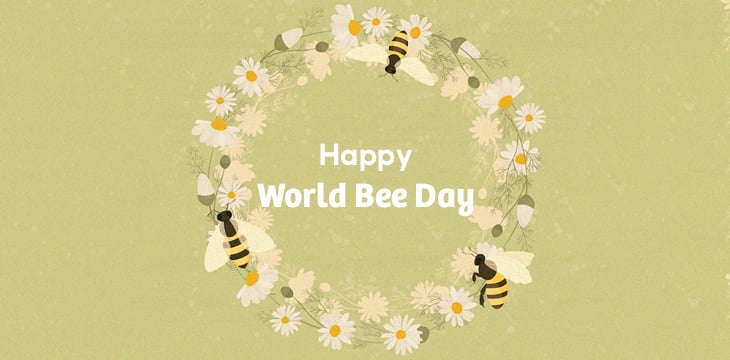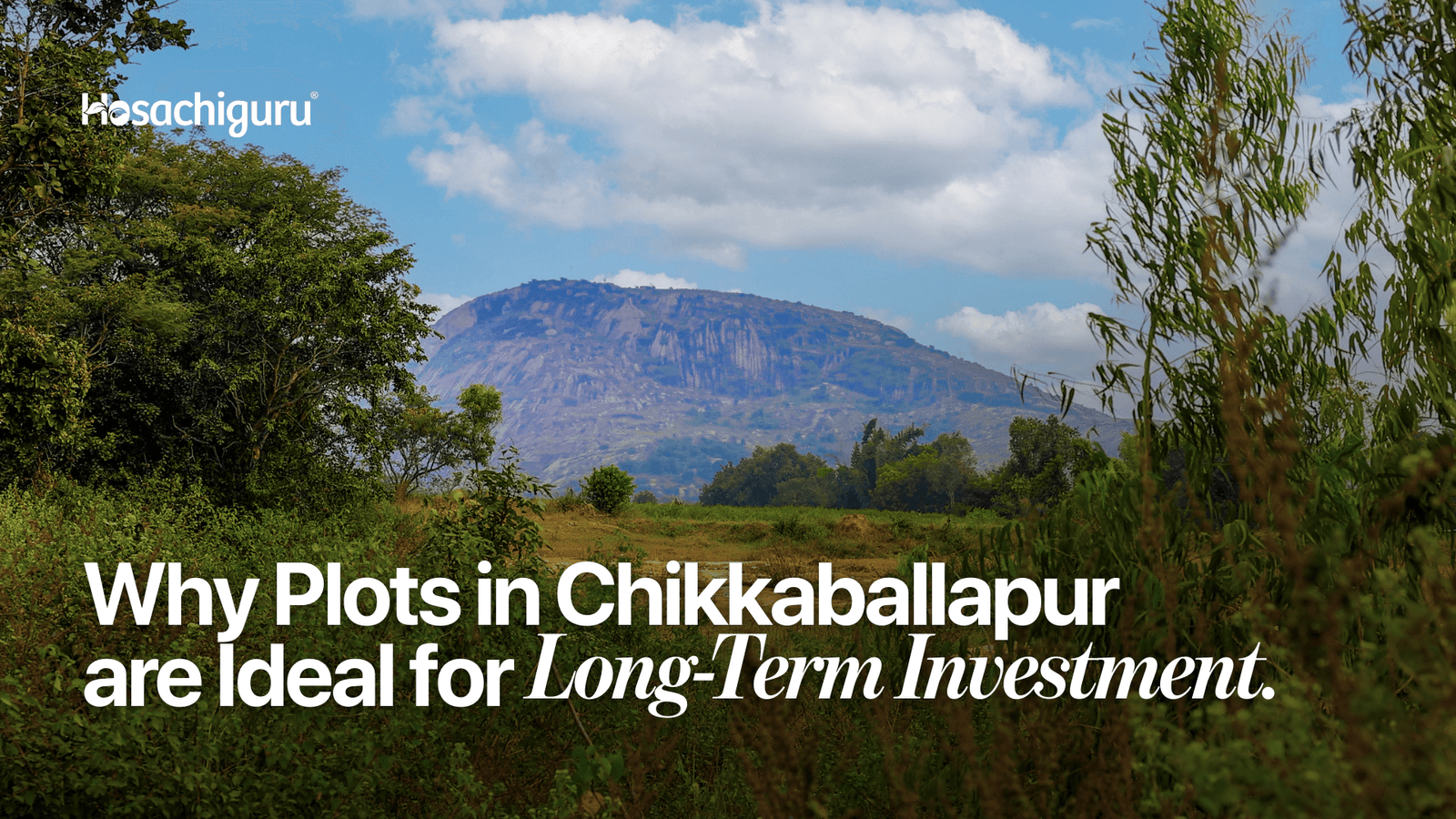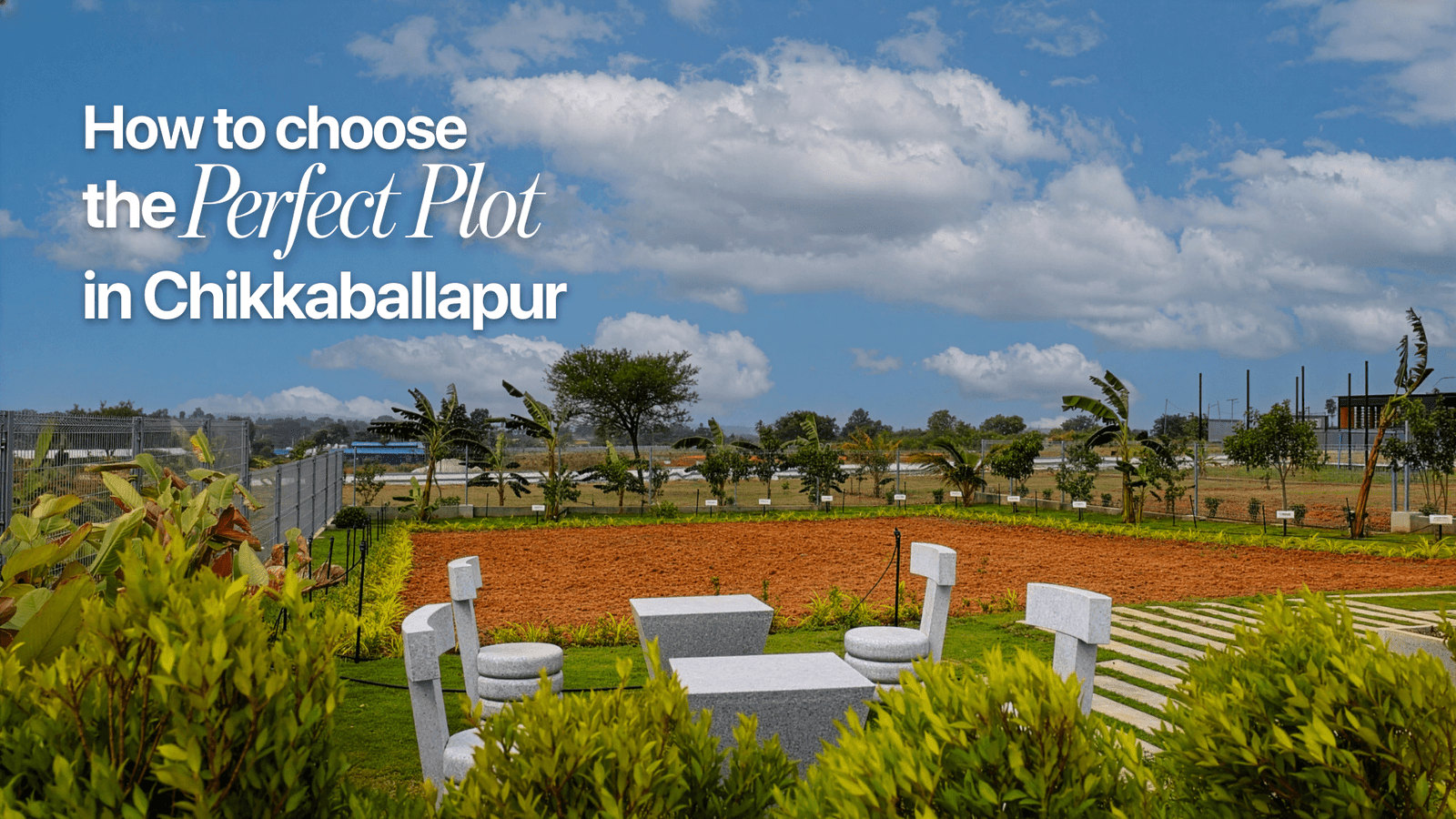Author- Srinivas Abhilash
“Oh my gosh, a bee!” someone shouts, leaping from their picnic blanket and accidentally spilling their food and juice while waving their arms frantically to avoid the buzzing creature. Sounds familiar?
The fear of bees is quite common among many individuals. It’s understandable, given their peculiar appearance resembling extraterrestrial beings and their stingers, which can inflict more discomfort than anticipated. Moreover, some people have severe allergies to bee stings, which can even be life-threatening. However, contrary to our apprehensions, bees are not aggressive insects and do not seek to harm humans without reason. When they approach you, it’s typically because they find something yummy in your vicinity. In fact, if you fully comprehended the extent of their contributions, you would gladly share your food or drink with them!
While we may be familiar with the bee basics – their crucial role as pollinators, honey production, and their buzzing presence at picnics – there’s so much more to these remarkable creatures. Beyond their sweet golden nectar, bees offer us invaluable medicines and actively contribute to maintaining the beauty and health of our planet. Their impact reaches far beyond what meets the eye, reminding us of the intricate wonders they bring to our world.
Imagine a world where three out of every four crops we rely on for our daily sustenance struggle to bear fruit or produce seeds. It may sound unfathomable, but the truth is that this scenario is not far-fetched. Our humble heroes, bees and pollinators, are the unsung champions/heros responsible for ensuring the growth and abundance of these crops.
- With over 20,000 bee species leading the charge, they play a pivotal role in pollinating 87 of the most essential food crops worldwide.
- From the luscious sweetness of berries to the crispness of apples and the vibrancy of tomatoes, these diligent creatures contribute to a staggering 35 percent of global crop production.
The potential repercussions on our plates, if these buzzing wonders were to vanish from our ecosystems, are simply unimaginable. Our reliance on bees and pollinators is not just a matter of convenience; it is the very essence of our food security and the preservation of a thriving and flavorful world.
World Bee Day 2023 provides a platform to celebrate and acknowledge the remarkable contributions of bees and other pollinators. These unsung heroes play a tireless role in maintaining the delicate balance of our ecosystems and safeguarding our food supply. They are indispensable for plant reproduction, including the crops that form the foundation of our food systems. By transferring pollen, they enable the production of fruits, vegetables, nuts, and seeds. Without their diligent work, our food diversity and security would be severely compromised. They infuse life into our surroundings, ensuring the abundance of nourishing and flavorful food that brings us joy.
The theme of World Bee Day 2023, “Bee engaged in pollinator-friendly agricultural production,” highlights the crucial importance of prioritizing the well-being of pollinators. It urges us to embrace agricultural practices that create a sustainable environment where bees and other pollinators can thrive.
Bees and other pollinators face various challenges, including habitat loss, pesticide exposure, climate change, and diseases. The theme emphasizes the urgent need for global action to protect these essential species. It calls for promoting sustainable agricultural practices that provide a safe and nurturing habitat for pollinators.
By actively engaging in pollinator-friendly agricultural production, we can support and safeguard the bees and pollinators that are vital for biodiversity. This involves reducing the use of harmful pesticides, preserving habitats that offer food and shelter, and raising awareness about the significance of pollinators among farmers, policymakers, and consumers.
The theme serves as a reminder that protecting pollinators is a shared responsibility that goes beyond environmental concerns. It calls for collaboration and concerted efforts from individuals, communities, governments, and organizations to prioritize the well-being of bees and other pollinators.
Pollinator-Friendly Agricultural Practices at Hosachiguru Managed Farmlands
Hosachiguru Managed Farmlands places great emphasis on implementing pollinator-friendly agricultural practices, creating a thriving environment for pollinators to flourish. Through our commitment to chemical- and pesticide-free farming practices driven by permaculture principles and ethics, we have established a sustainable and harmonious relationship between agriculture and pollinators. Here are some key practices that are followed:
Chemical-Free Farming: At Hosachiguru, the farmlands are managed without the use of chemical pesticides or synthetic fertilizers. This approach ensures the preservation of pollinators’ health and the overall ecological balance of the farm.
No-Till Policy: By practicing no-till farming, the soil structure and beneficial microorganisms are preserved, providing a healthy environment for pollinators. This method reduces soil erosion, promotes water conservation, and supports the growth of native plants, which are crucial for pollinator habitats.
Native Seeds and Plants: Only native seeds and plants are used at Hosachiguru Managed Farmlands. Native plants provide abundant nectar and pollen sources for pollinators, attracting a diverse range of bees, butterflies, and other beneficial insects.
Hedgerows and Hedge Planting System: Hosachiguru utilizes hedge planting systems, incorporating native shrubs along farm boundaries and pathways. These hedgerows are planted with native flowering shrubs and trees, providing nesting and breeding spaces for pollinators. These hedges serve as windbreaks, provide shelter, and create additional pollinator habitats.
Mulching: The practice of mulching is employed to cover the soil surface with organic materials. Mulching not only helps retain moisture and suppress weed growth but also provides shelter for ground-dwelling pollinators such as bumblebees and solitary bees.
Riparian Zones: Hosachiguru incorporates riparian zones along water bodies, promoting the growth of native plants that offer valuable resources for pollinators. These zones act as buffer areas, protecting water quality and providing additional habitat for aquatic insects and birds.
Pollinator Gardens: Dedicated pollinator gardens are created, featuring an assortment of nectar-rich flowers and plants. These gardens are carefully designed to attract and sustain various pollinator species, enhancing biodiversity on the farmland.
Habitat Ponds: Hosachiguru establishes habitat ponds that not only serve as water sources but also support the growth of aquatic plants. These ponds provide a habitat for dragonflies, water bugs, and other water-dependent pollinators.
Food Forests and Agroforestry: By adopting syntropic farming methods and incorporating emergent, medium, and high trees, Hosachiguru creates food forests that mimic natural ecosystems. These diverse habitats attract a multitude of pollinators, contributing to successful pollination and crop production.
Innovative Garden Designs: Spiral gardens, mandala gardens, and keyhole gardens are implemented at Hosachiguru to maximize productivity in limited spaces. These designs integrate a diverse range of vegetables and medicinal plants, attracting pollinators and supporting their foraging activities.
Conclusion
In urban environments, both urban dwellers and beekeepers play a crucial role in nurturing thriving pollinator communities. By prioritizing initiatives to enhance pollinator habitat and raise public awareness, we can strengthen the bond between people and pollinators. Consumers also have a vital role to play by choosing organic and locally-grown produce, supporting pollinator-friendly labels, reducing food waste, and planting pollinator-friendly gardens. Together, we can create a sustainable future where pollinator-friendly practices thrive and the well-being of these essential creatures is ensured. Let’s protect pollinators and pave the way for a flourishing future.

 19 May 2023
19 May 2023  6 Min
6 Min


